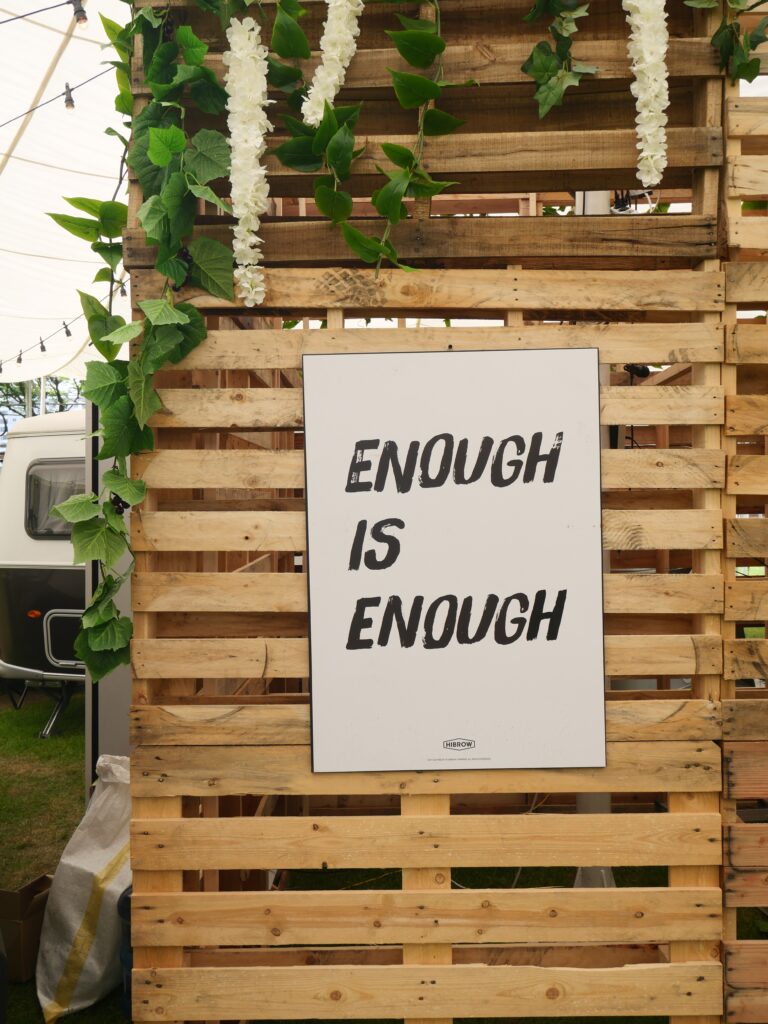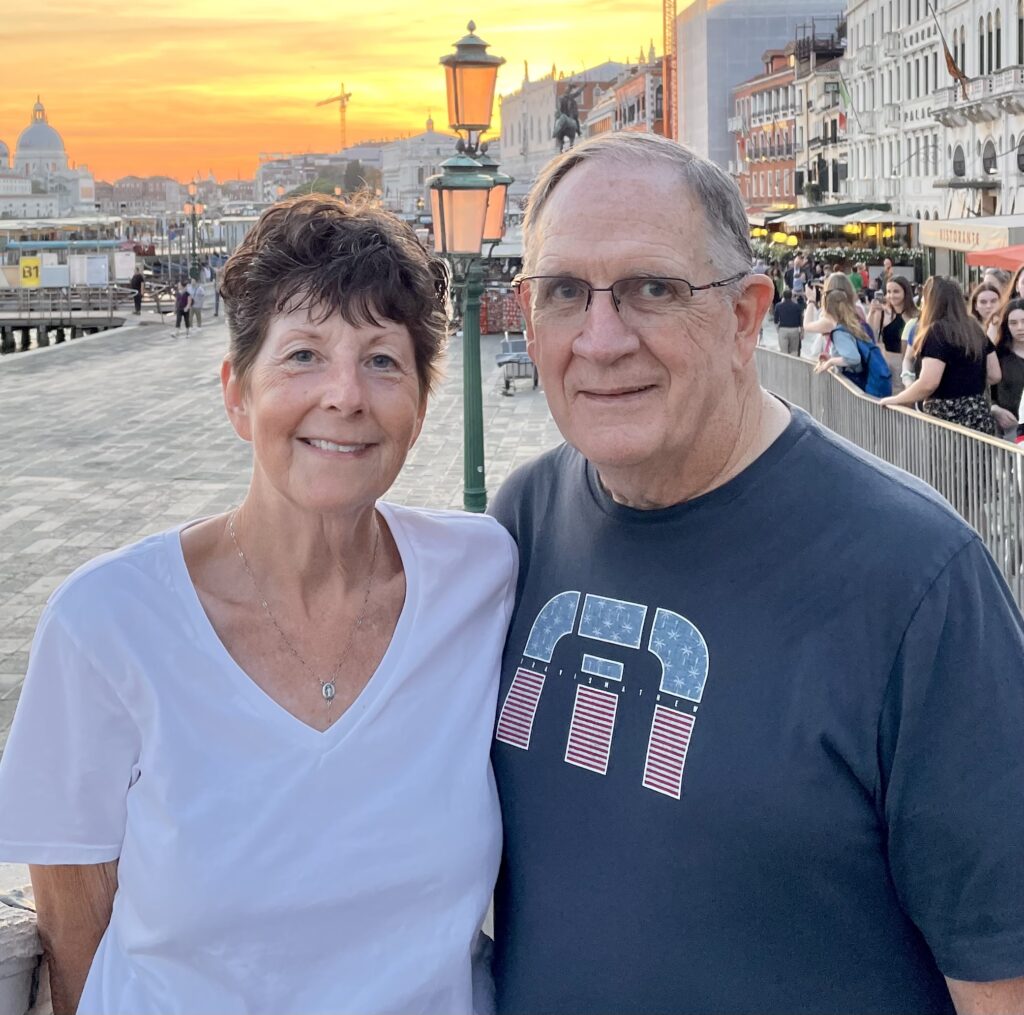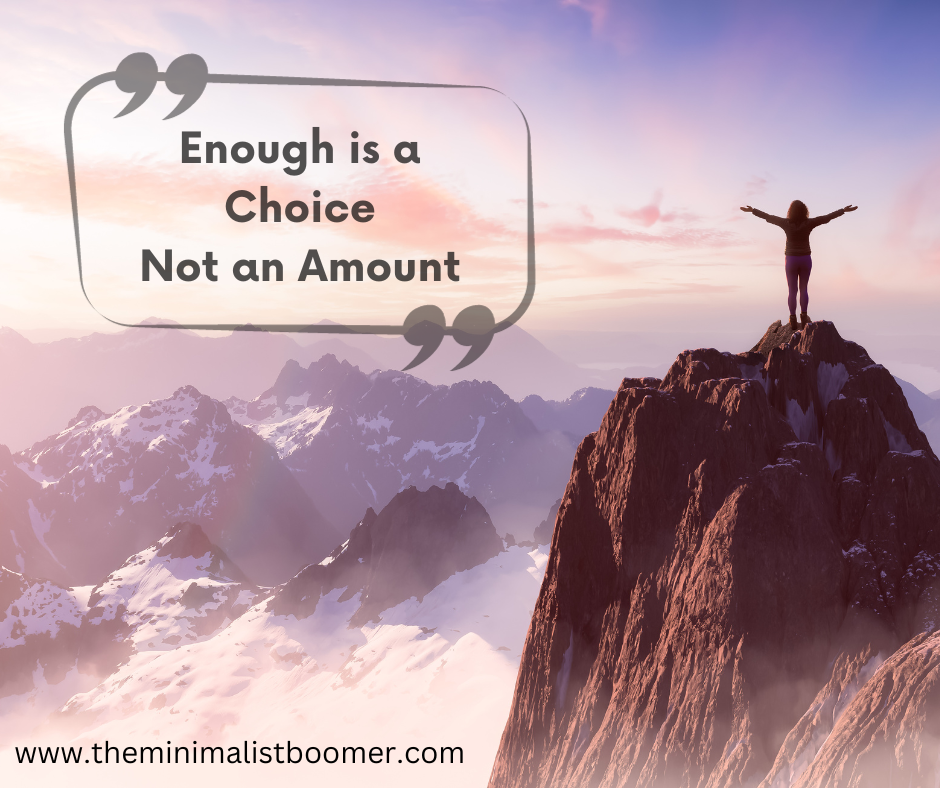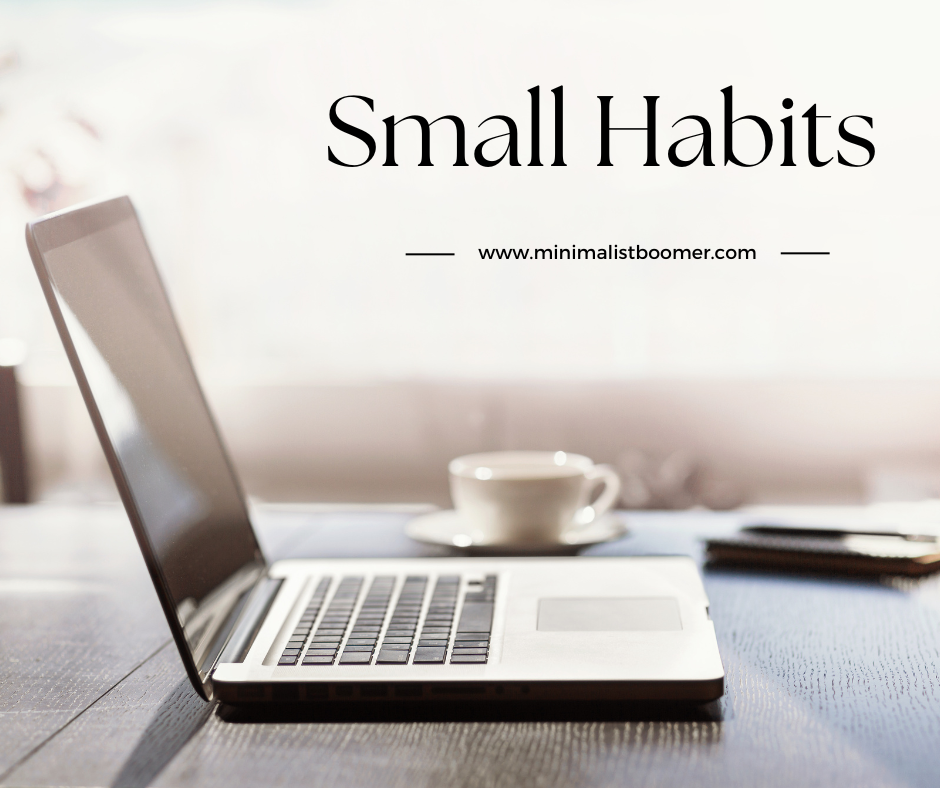You Determine When Enough is Enough
Have you ever wondered how much is enough? In a world where we are constantly bombarded with messages telling us that we need more, it’s easy to get caught up in the never-ending pursuit of accumulation. But what if I told you that enough is not about a specific amount? It’s not about reaching a certain level of wealth or possessions. Instead, it’s a decision we make—a conscious choice to be content with what we have and to live a life of fulfillment rather than constantly chasing after more.
Today, let’s explore the concept of “enough” and why it’s crucial to understand that it is a decision, not an amount. We will delve into the mindset shift required to break free from the relentless cycle of consumerism and find contentment in the present moment. So, if you’re ready to redefine your relationship with “enough,” let’s dive in and discover the power of this life changing choice.
Understanding the Concept of “Enough”
In our society, the pursuit of more has become deeply ingrained. We are constantly bombarded with messages telling us that we need to have more money, more possessions, and more success to be happy. But what if I told you that the concept of “enough” challenges this ideology? “Enough” is not about a specific amount or a reaching a certain threshold, but rather a decision to be content with what we already have. Let’s explore this concept further.

Defining “Enough” in Different Areas of Life
“Enough” is a dynamic concept that applies to various aspects of our lives. It is not limited to financial matters but extends to relationships, personal growth, and overall satisfaction. When we talk about having “enough” in different areas of life, we are acknowledging that there is a point where we feel fulfilled and content, where we no longer strive relentlessly for more.
In terms of finances, having “enough” means having the resources to meet our basic needs and live comfortably.
It is about finding a balance between earning money, saving for the future, and enjoying the present without getting caught up in the rat race of accumulating wealth for its own sake.
In relationships, “enough” means having meaningful connections with people who truly value and support us. It is about building quality relationships rather than seeking validation through a large number of acquaintances. It is about recognizing that having a few close friends who genuinely care about us is more than enough.
Regarding personal growth, “enough” means embracing the journey and being satisfied with the progress we make. It is about setting realistic goals and celebrating small victories along the way, rather than constantly pushing ourselves to achieve more without appreciating the present moment.
Why “Enough” is Not an Amount

“Enough” is not a fixed amount because it is subjective and varies from person to person. What might be enough for one individual may be insufficient for another. The concept of “enough” challenges the idea that more is always better and prompts us to question our own values and priorities.
By understanding that “enough” is not an amount, we can free ourselves from the endless pursuit of more and focus on what truly matters to us. It allows us to appreciate and be grateful for what we already have, instead of always longing for what we don’t have.
Imagine if we constantly chased after more money, possessions, or achievements without ever considering what is truly enough for us. We would find ourselves trapped in a never-ending cycle of dissatisfaction and unfulfillment. By embracing the concept of “enough,” we can break free from this cycle and find contentment in our lives.
The concept of “enough” challenges our society’s obsession with always wanting more. It encourages us to define “enough” for ourselves, differentiating between our needs and our desires. When we understand that “enough” is a decision rather than an amount, we can cultivate a sense of contentment and lead more fulfilling lives.
Shifting Our Mindset Toward Contentment
To break free from the cycle of excess, we must shift our mindset toward contentment and make a conscious decision to embrace “enough.” Here are some strategies to help cultivate a mindset of contentment:
- Gratitude Practice: Take time each day to reflect on the things you already have and express gratitude for them. This practice can help shift your focus from what you lack to what you have and appreciate.
- Define Your Values: Understand what really matters to you and align your actions with your values. Instead of chasing external markers of success, focus on fulfilling your personal goals and living a life that aligns with your values.
- Practice Mindful Consumption: Before making a purchase, pause and ask yourself if it aligns with your needs and values. Avoid impulsive buying and consider the long-term impact of your choices.
- Simplify Your Life: Declutter your physical space, commitments, and obligations. Minimalism can help you prioritize what truly brings you joy and eliminate unnecessary distractions and stressors.
- Cultivate Contentment in Non-Material Aspects: Seek happiness and contentment in experiences, relationships, personal growth, and self-care. Focus on cultivating a rich and fulfilling life that goes beyond material possessions.
By recognizing the negative effects of excess and shifting our mindset toward contentment, we can break free from the never-ending pursuit of more. Embracing “enough” allows us to live a more balanced, sustainable, and fulfilling life that is aligned with our values and brings us true happiness.

It’s important to remember that “enough” is not just a specific amount, but a decision we make for ourselves. Society often pressures us to constantly strive for more, leading to a never-ending pursuit of material wealth and external validation. However, true contentment and fulfillment come from within. It’s about recognizing our own unique needs and desires and being able to set boundaries that align with our values and priorities. When we can make the conscious decision to define our own “enough,” we can find true happiness and live a more balanced and meaningful life. So, let us embrace the power of enough and make the decision to live according to our own terms.




